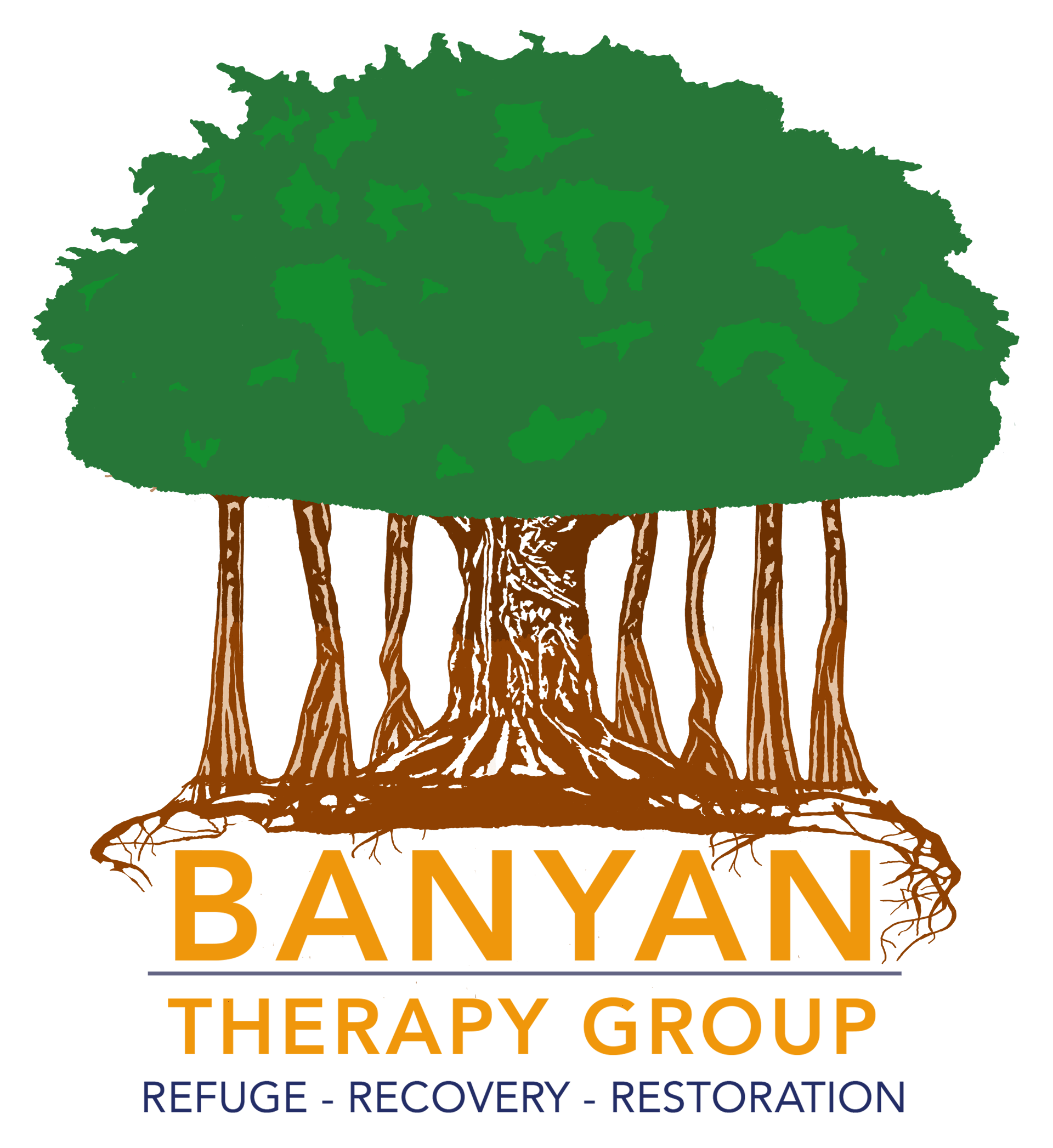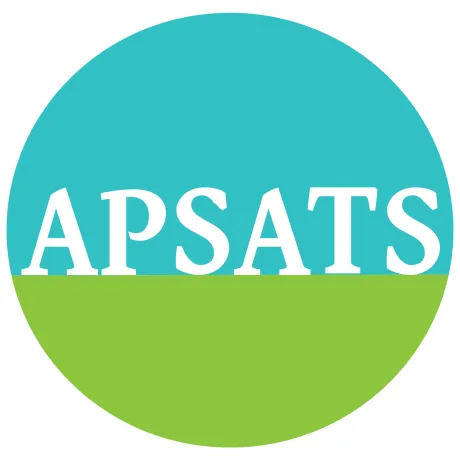Dual Certification for CCPS/CPC
APSATS offers a Dual Certification pathway for clinicians and coaches who have completed the 4-day APSATS Multidimensional Partner Trauma Model (MPTM) Certification Training. Upon successful completion of the training and receipt of a certificate of completion, individuals may begin the process to earn Dual Certification with APSATS.
This process is designed to be completed no earlier than 9 months and no later than 24 months (2 years) following the completion of the MPTM training. Dual Certification covers two scenarios:
- Scenario A: A candidate who has not previously earned an APSATS certification and is seeking to become dually certified (CCPS and CPC).
- Scenario B: A candidate who is already certified as either an APSATS Certified Professional Coach (CPC) or Certified Clinical Partner Specialist (CCPS) and is pursuing the second certification.
Please note: The requirements outlined reflect APSATS’ current standards. APSATS reserves the right to revise these requirements as necessary, as determined by the Board of Directors.
For candidate without prior APSATS Certification, the candidate must meet the following requirements:
If a candidate is applying for Certified Partner Coach (CPC) certification and Certified Clinical Partner Specialist (CCPS) certification, the process is as follows:
Application Requirements:
- Except as outlined below, candidates will complete all requirements for certification outlined for both clinicians and coaches.
- The total number of consultation supervision hours is 30 hours for dual certification.
- A Dual Certification candidate shall have two Primary Consultation Supervisors - one Coaching Primary and one Clinical Primary
- The candidate shall receive at least 10 hours of consultation from each of these primary supervisors.
- Of the minimum 10 hours with each Primary, a minimum of 5 hours must occur in an individual setting.
- Any remaining required hours may be completed with other approved consultation supervisors.
- The required 125 client hours shall be divided to include:
- Verification of 80 face-to-face clinical hours with betrayed partners and/or couples, and
- Verification of 45 face-to-face coaching hours with betrayed partners and/or couples.
- Candidates will complete one case study from the Coach Certification application and one case study from the Clinical Certification application.
- Candidates will request two professional references from coaching colleagues and two professional references from clinical colleagues.
For candidate already certified as either CPC or CCPS, the candidate must meet the following requirements:
If a candidate currently holds a designation as either a Certified Partner Coach (CPC) or a Certified Clinical Partner Specialist (CCPS), the process is as follows:
Application Requirements:
To Add Clinician Certification:
- Except as outlined below, candidates will complete all requirements for certification of clinicians, which can be found here.
- Complete an additional 10 hours with a Primary Clinician Consultation Supervisor, with at least 5 hours in an individual setting.
- Verification of 80 face-to-face clinical hours with betrayed partners and/or couples.
To Add Coach Certification:
- Except as outlined below, candidates will complete all requirements for certification of coaches, which can be found here.
- Complete an additional 10 hours with a Primary Coach Consultation Supervisor, with at least 5 hours in an individual setting.
- Verification of 45 face-to-face coaching hours with betrayed partners and/or couples.
Dual Certification Directory Requirements:
● Candidates will complete 10 hours of consultation supervision to be eligible for APSATS Directory listing.
● Of these 10 hours, 5 hours must be with a primary consultation supervisor – either a coaching or clinical consultation supervisor.
IF you are a Betrayed Partner or a Sex Addict in recovery:
We recognize that some of the clinicians and coaches who work in the field of helping betrayed partners, are recovering sex addicts themselves and/or partners who have been betrayed. It is this real-life experience with their own recoveries that adds additional compassion and expertise to the work they do. At the same time, we recognize that these clinicians and coaches have a responsibility to both themselves and their clients to consistently assess how their past experiences may be impacting their current work. Therefore, APSATS has developed a set of guidelines for those we certify as Certified Clinical Partner Specialists and Certified Partner Coaches.
Click here to read our guidelines.












